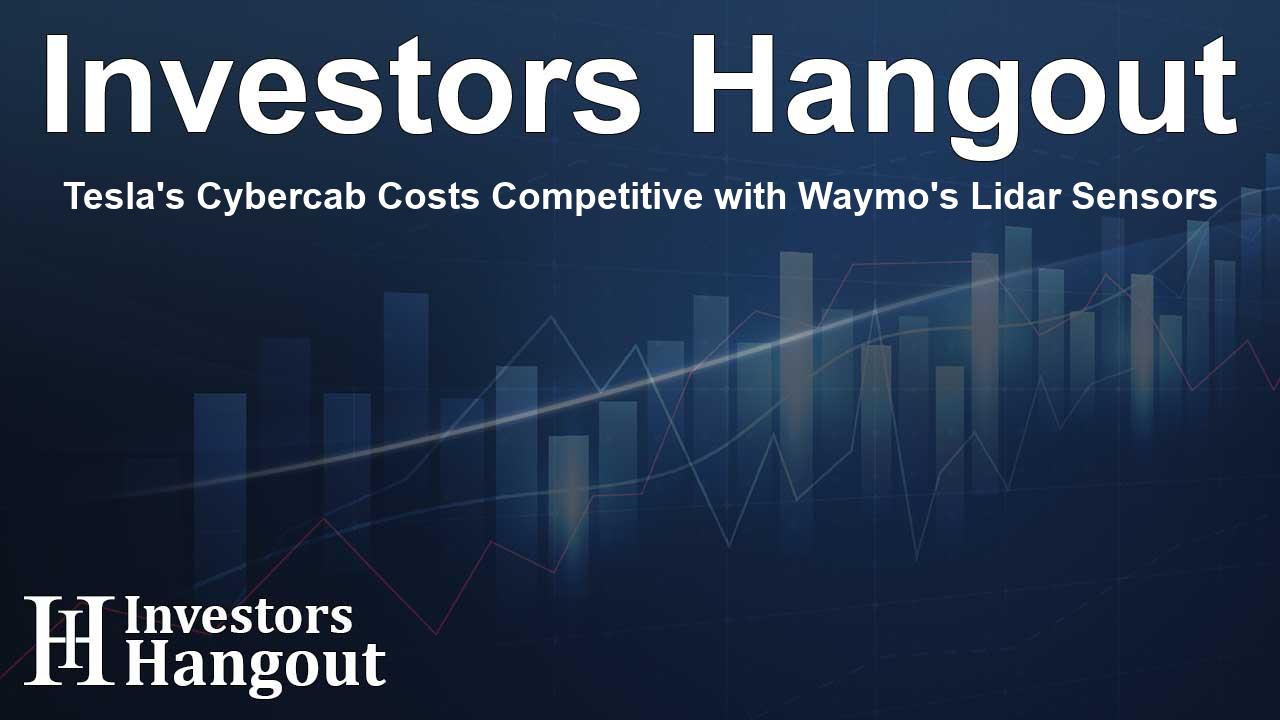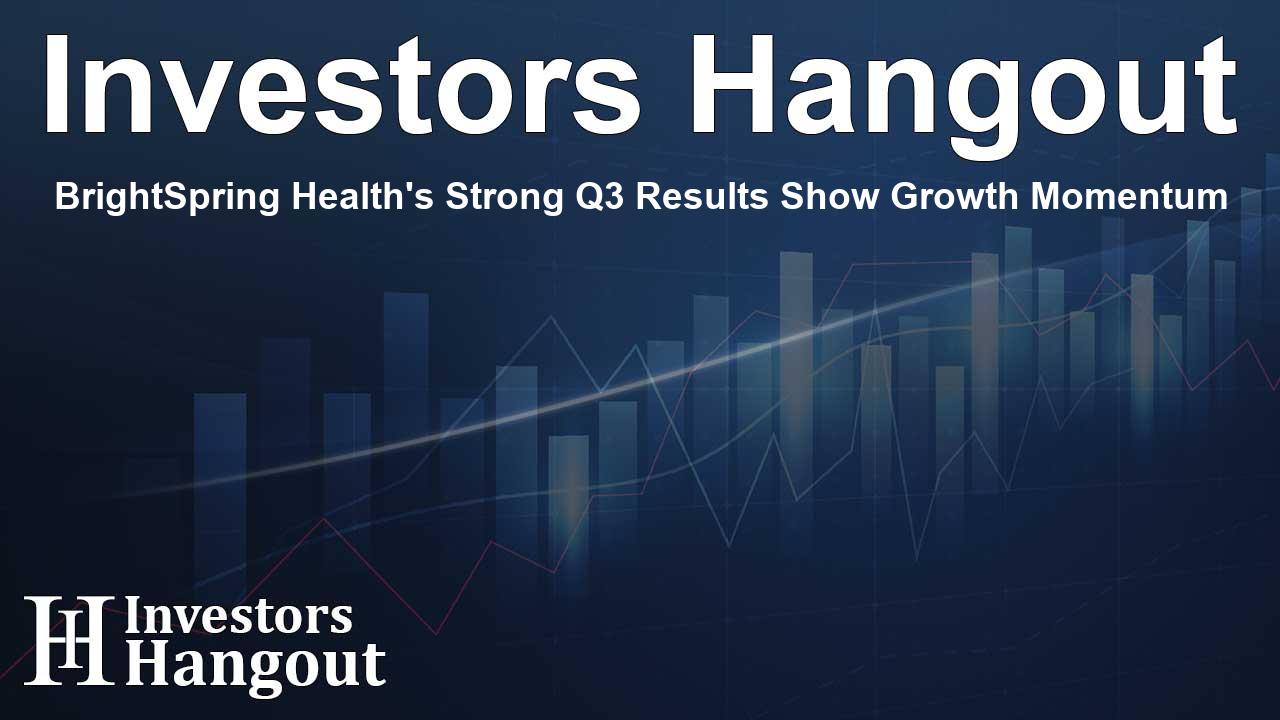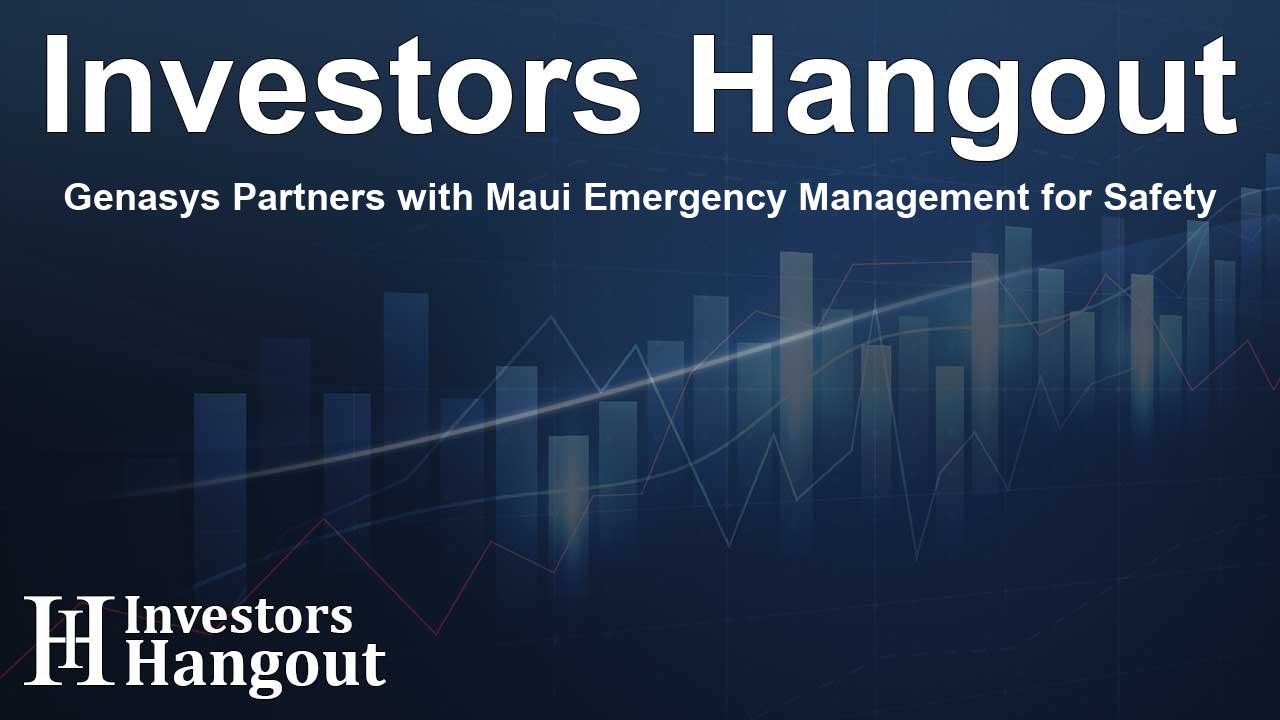Tesla's Cybercab Costs Competitive with Waymo's Lidar Sensors

Cost Comparison of Tesla's Cybercab and Waymo's Robotaxi
Tesla Inc.'s manufacturing costs for the forthcoming Cybercab are projected to be comparable to Waymo's expense for installing lidar sensors on its robotaxi fleet, according to insights from Ark Invest analyst Brett Winton. This revelation adds a competitive edge to Tesla's offering in the burgeoning autonomous vehicle market.
Manufacturing Costs Analysis
Winton highlighted that the Cybercab's production cost is estimated to be around $18,000 as it includes approximately half the components found in Tesla's Model 3 and Model Y. This cutting of costs is crucial as it allows for scalability and potential market advantage. As Tesla ramps up production, this price point can position it favorably in comparison to competitors.
Waymo's Lidar Expenses
In contrasting efforts, Waymo's costs for its lidar sensor suite total approximately $15,000, which breaks down into $13,500 for the sensors and an additional $1,500 for installation. This showcases the financial commitment that Waymo is making for each unit, which further underscores Tesla's competitive pricing with its Cybercab.
Partnerships and Vehicle Integration
Waymo collaborates with numerous auto manufacturers like Zeekr for the integration of their sensor systems. The additional costs of the vehicle itself highlight the complexity of deploying a robotaxi service. In contrast, Tesla aims to utilize its existing manufacturing and service infrastructure to streamline production and enhance efficiency.
Industry Expectations and Tesla's Strategy
Industry analysts have consistently aligned with Winton's sentiments regarding Tesla's cost advantages. Ark Invest's Tasha Keeney noted that while Waymo's robotaxi platform may exceed production costs of $100,000, Tesla's Model 3, encompassing various technological features, is priced around $40,000.
Future of Tesla's Cybercab
Recently unveiled without traditional driving controls, the Cybercab is positioned to disrupt the market significantly. CEO Elon Musk stated the aim is to have production underway prior to 2027, with anticipated prices below $30,000 — a striking incentive for potential consumers and investors alike.
Regulatory Landscape for Robotaxis
During a recent earnings call, Musk indicated plans to launch a ride-hail service using their self-driving Model 3 and Model Y vehicles in select regions, contingent upon regulatory approval. This indicates Tesla’s commitment not only to advancing technology but also to navigating the complex legislative landscape that governs autonomous vehicles.
Challenges in Initial Deployment
While Musk expresses optimism regarding the rollout of a driverless service, initial implementations may still require human operators depending on state regulations. This gradual integration strategy allows Tesla to familiarize regulators and customers with the technology before a full driverless model is transitioned.
Preparations for Market Entry
Musk's confidence in achieving a driverless paid ride model by next year suggests a proactive approach by Tesla in facing off against established competitors like Waymo. This ambition emphasizes Tesla's innovative edge in the market and contributes to heightened interest among investors.
Frequently Asked Questions
What is the projected cost of Tesla's Cybercab?
The Cybercab is expected to cost around $18,000 to manufacture based on its simplified design compared to Tesla's other models.
How does Waymo's lidar installation cost compare?
Waymo's lidar installation cost totals approximately $15,000, including both sensors and installation, making it relatively costly.
When will Tesla's Cybercab enter production?
Tesla aims to begin production of the Cybercab before 2027, with plans to keep the price below $30,000.
What are the regulatory challenges Tesla faces?
Tesla is navigating a complex regulatory environment, requiring approval for its autonomous driving services in various states.
How is Tesla positioning itself against Waymo?
Tesla is focusing on cost-effective manufacturing and leveraging existing infrastructure to compete directly with Waymo in the autonomous vehicle market.
About Investors Hangout
Investors Hangout is a leading online stock forum for financial discussion and learning, offering a wide range of free tools and resources. It draws in traders of all levels, who exchange market knowledge, investigate trading tactics, and keep an eye on industry developments in real time. Featuring financial articles, stock message boards, quotes, charts, company profiles, and live news updates. Through cooperative learning and a wealth of informational resources, it helps users from novices creating their first portfolios to experts honing their techniques. Join Investors Hangout today: https://investorshangout.com/
Disclaimer: The content of this article is solely for general informational purposes only; it does not represent legal, financial, or investment advice. Investors Hangout does not offer financial advice; the author is not a licensed financial advisor. Consult a qualified advisor before making any financial or investment decisions based on this article. The author's interpretation of publicly available data shapes the opinions presented here; as a result, they should not be taken as advice to purchase, sell, or hold any securities mentioned or any other investments. The author does not guarantee the accuracy, completeness, or timeliness of any material, providing it "as is." Information and market conditions may change; past performance is not indicative of future outcomes. If any of the material offered here is inaccurate, please contact us for corrections.









